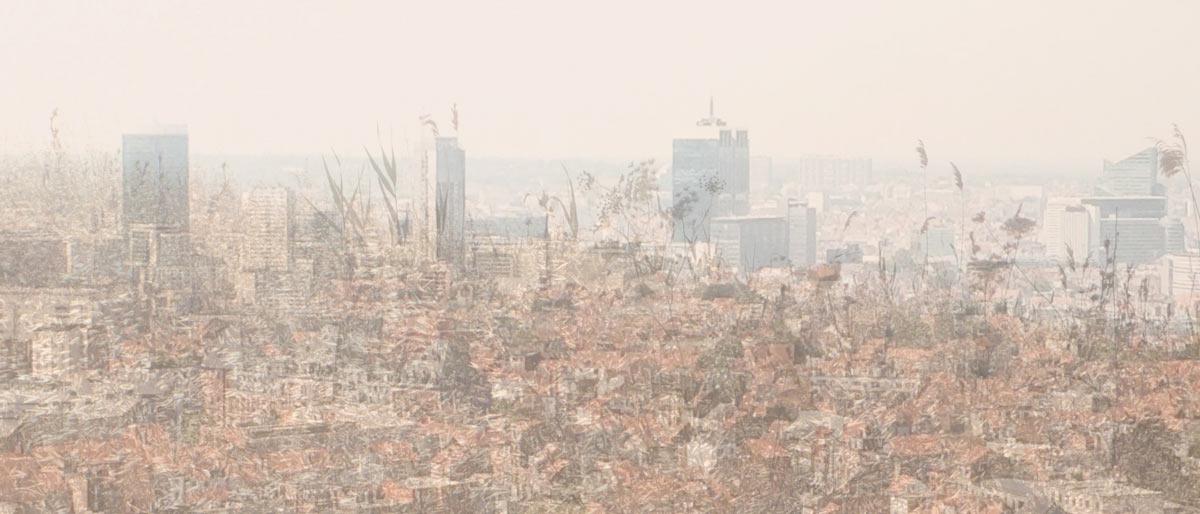Sustainability: a priority of the pest management service sector
Integrated Pest Management
Integrated Pest Management (IPM) is an approach for sustainable pest management in order to protect human and animal health, to secure food safety and to prevent economic damages. In the IPM approach, all available techniques and methods are combined and weighed to effectively manage the presence of pests. This is done in the most sustainable, humane and environmentally-friendly way, as well in an economically responsible manner and in collaboration with the client.
Sustainability and pest management service companies
The European Commission expressed a commitment to continue to ensure a high level of protection for both human health and the environment. One aspect of sustainability refers to the use of chemicals that may harm human health and the environment. CEPA offers solutions to address these issues. With Integrated Pest Management (IPM), the need for the use of biocides (chemicals) is reduced to a minimum and in some cases not necessary altogether. CEPA is putting a lot of effort to raise awareness on how IPM can contribute to the sustainability goals of the European Commission in all EU member states.
Shared between many of the CEPA national association members, the sustainability provided by pest management is, first of all, a matter of prevention:
The British Pest Control Association (BPCA), a CEPA National Association member has explained this as follows:
“Green pest control might range from a firm claiming to spray fewer (chemical substances known as ‘biocides’) to one that will use every possible alternative to chemicals including heating, freezing, and deep cleaning. The difference between these approaches is the point at which chemicals are used. At one end of the spectrum, chemicals are used at an early stage, at the other, they are the very last port of call.” Source: BPCA website
ANECPLA’s Director General, Milagros Fernandez de Lezeta explains in a similar note:
“There are many services that are being carried out today that do not imply the exclusive use of chemical products. It is, for example, the light traps for the capture of flying insects, treatments with cold or heat, etc. In fact, the professionals of the sector always tend, first of all, to control the biological cycle of the species and not to use chemical products if this is not necessary. This, in addition to ensuring adequate health measures, guarantees a satisfactory result in the longer term.” Source: 22 June 2016, Revista Limpiezas


